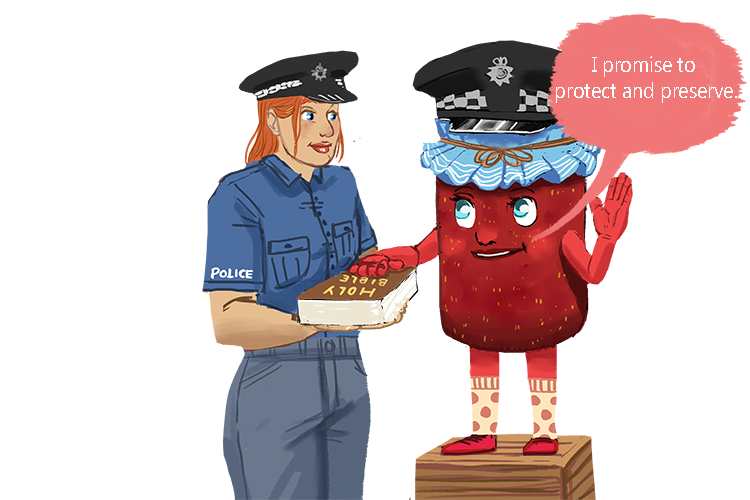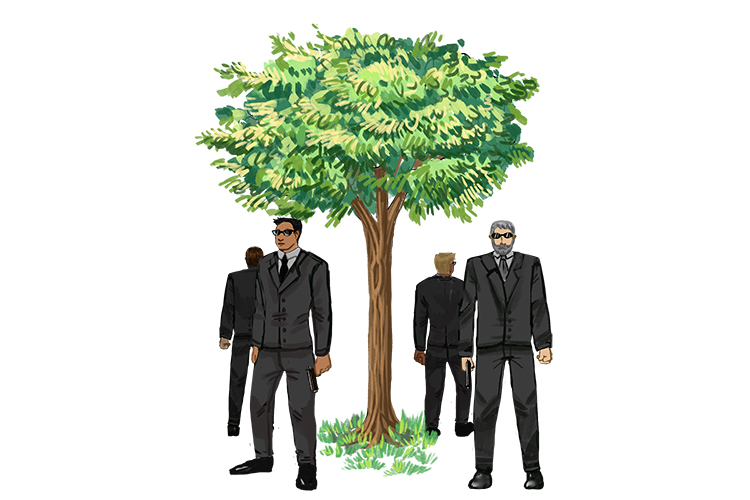Conservation – Managing the environment in order to preserve, protect or restore it
To remember the meaning of the term Conservation, use the following mnemonic:
The jam conserve (conservation) said; "I will protect and preserve."


With regard to glacial landscapes, there are often conflicts between different land uses and between the needs for development and conservation.
For instance, an area of glaciated upland might be used for tourism, which could have environmental impacts in terms of wildlife habitats, littering and erection of otherwise unnecessary buildings to provide facilities for visitors. Some will argue that the economy needs such tourist facilities while others will claim that the environment is more important.
Generally, conservation and economic development have not gone hand in hand. Now, some national governments and international organisations are looking more closely at the bad effects development of all kinds can have on wild animals, plants, the landscape and the weather.
Many are making new laws that will protect the environment and living things – including us – from the harmful effects of development and some of the technology we use. For instance, some countries have announced plans for the phasing out of petrol and diesel cars and set targets for when they will become "carbon neutral".
But governments can be slow – in some cases, even reluctant – to bring about the necessary changes to protect the environment. Campaigners like Extinction Rebellion are maintaining pressure on governments to do far more. The schoolgirl activist Greta Thunberg, whose actions led to worldwide strikes by schoolchildren demanding urgent measures to halt climate change, became a world figure in the environmental debate at just 16.
Conservation is no longer viewed as the field of a few dedicated souls. It is at the heart of our very existence and huge amounts are spent on it – although many argue it is not enough.
One idea is the "rewilding" of large areas of some countries – restoring ecosystems where nature can take care of itself.
However, the reality is that thousands of species – animals and plants – are currently in danger of extinction and our output of CO2, which heats up the world through the greenhouse effect, continues to increase despite measures aimed at reducing it.




